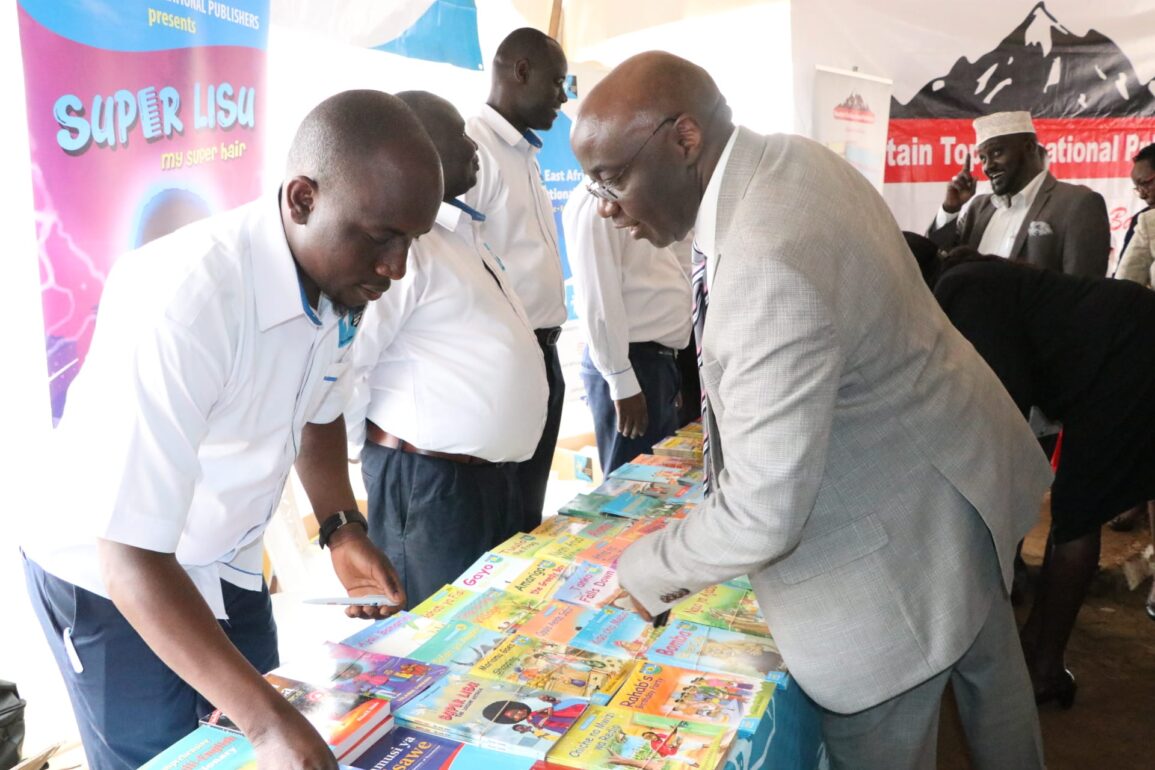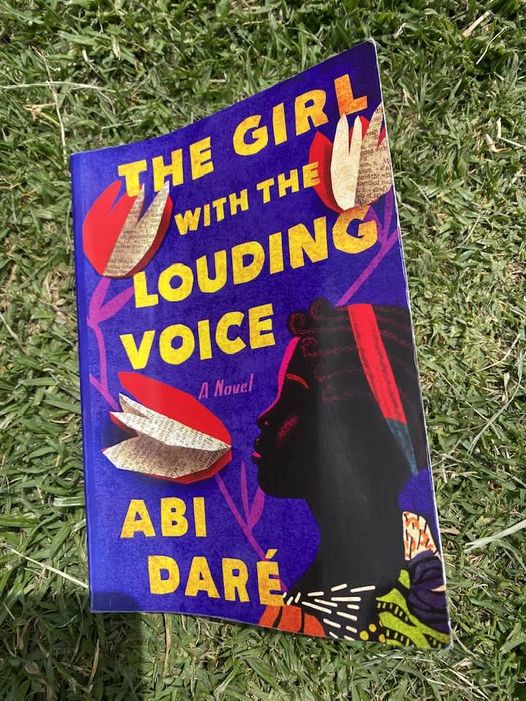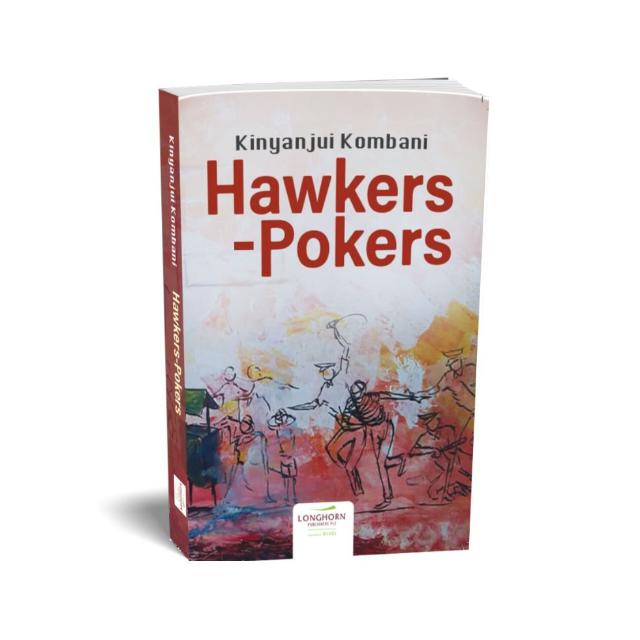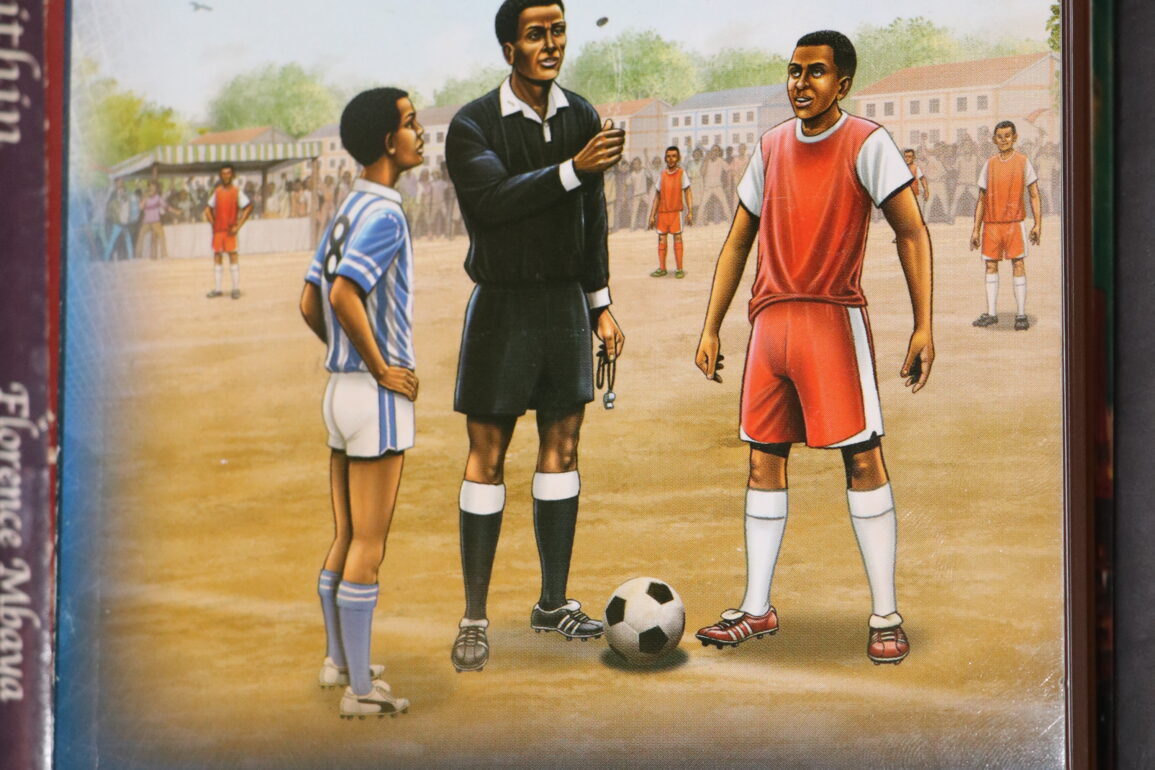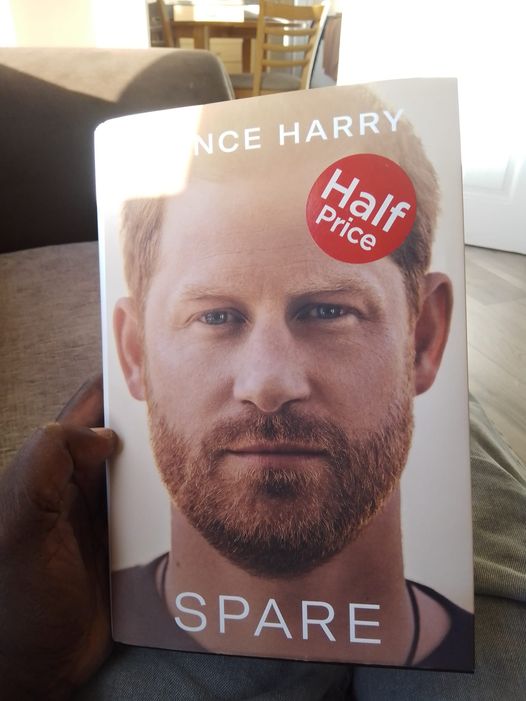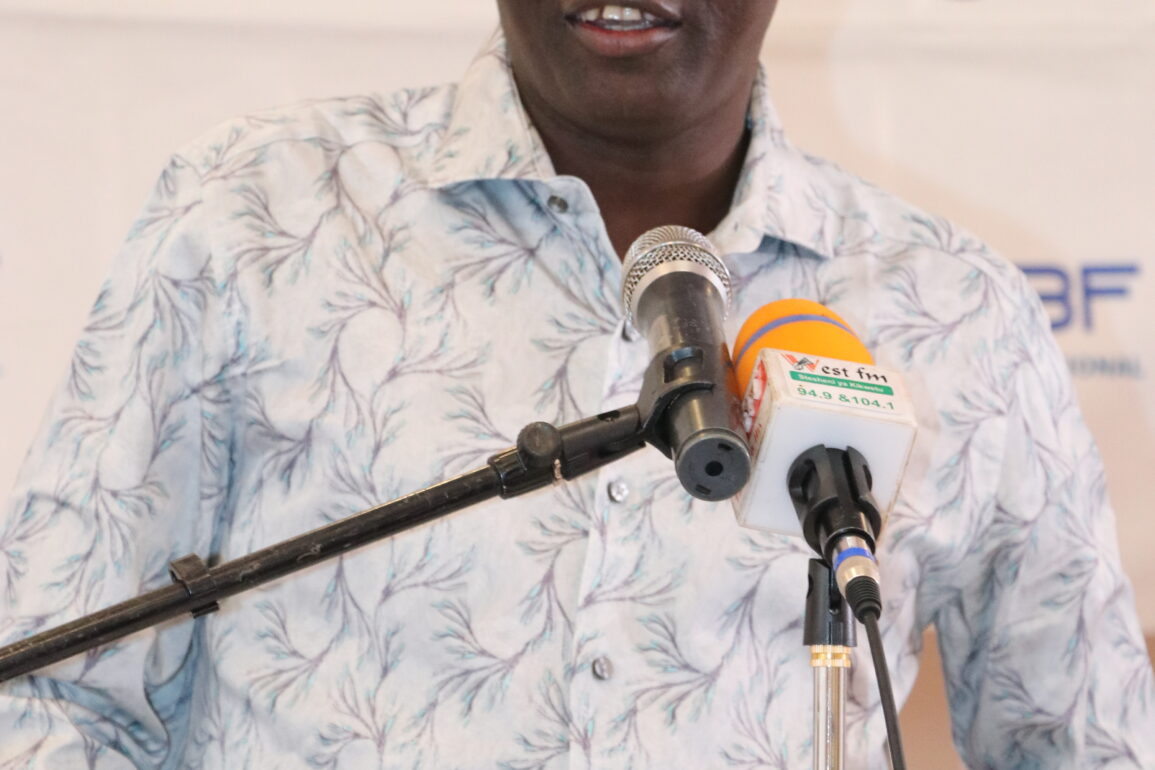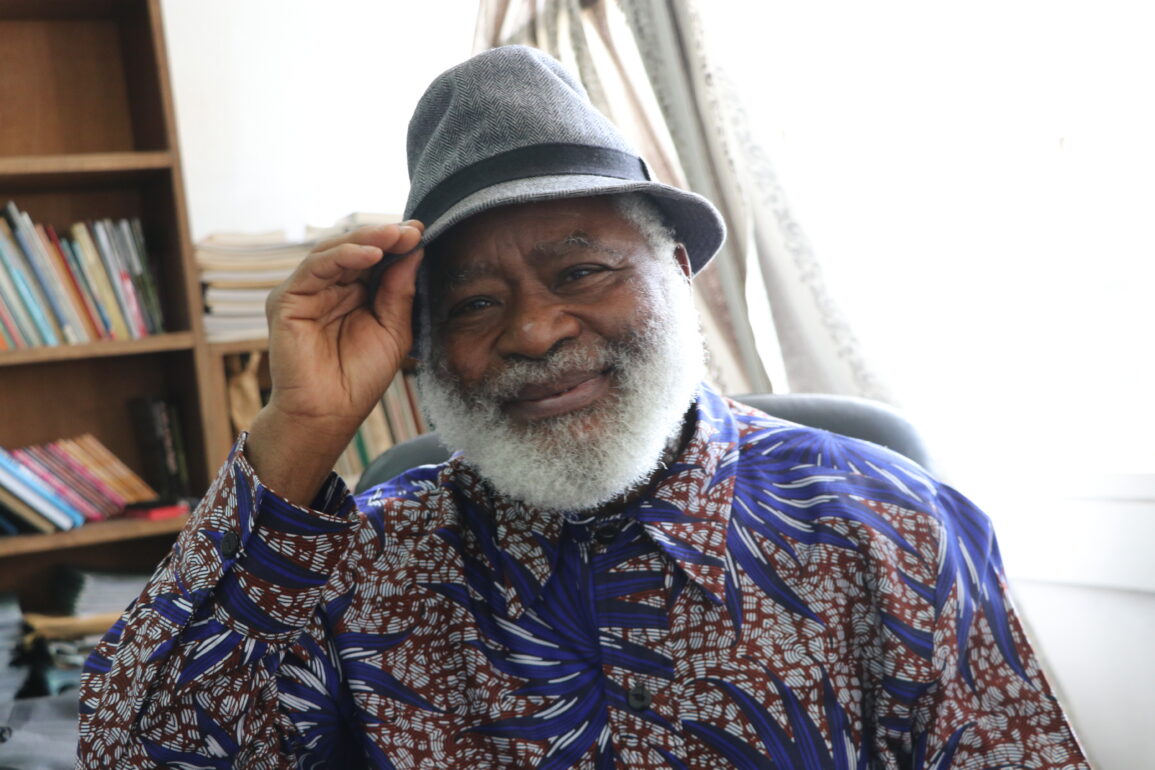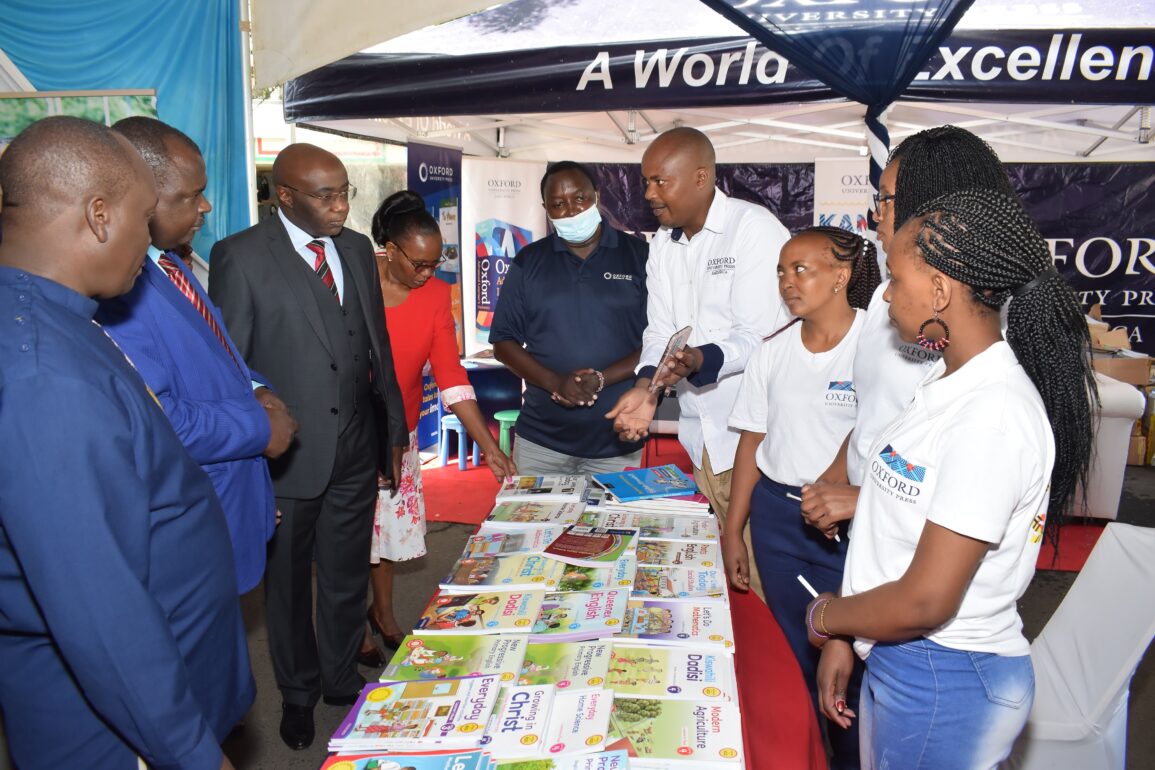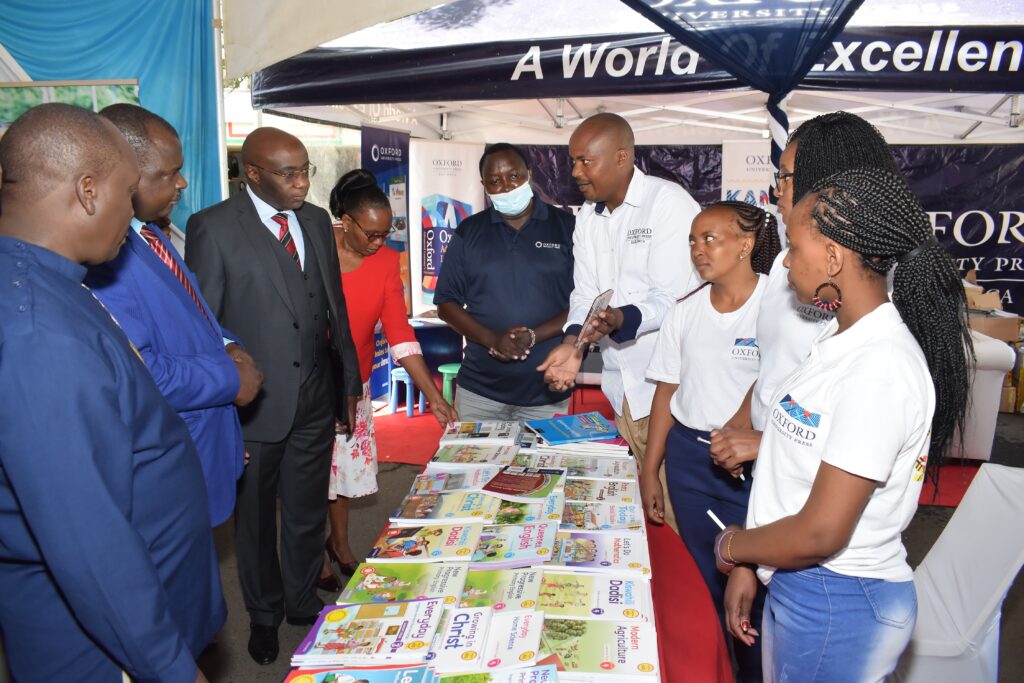When Jaramogi Oginga Odinga sent his son Raila Odinga to communist East Germany, it was on the firm understanding that he would eventually study Medicine, despite the fact that the son was inclined to the arts.
This was in 1962 and Raila was only 17. He had just left Maranda School. In Germany, he was enrolled at the Herder-Institut in Leipzig, which had been a faculty of the prestigious Leipzig University.
“Students would arrive from many different parts of the world, having gone through widely varying education systems, so there was a need for them to be harmonised into the German system and to pass a university entrance exam before they could be admitted to any German institution of higher learning,” writes Raila in his book the Flame of Freedom. “The Herder-Institut was thus a combination of high school and language school.”
“I was just coming out of primary school, so I had to go through the Herder-Institut’s high school programme, taking three and a half years, along with fellow students from Latin America, Asia, the Middle East and many other non-German speaking places,” he adds.
Among his colleagues at the Institute was Moses Keino who would later become Speaker of the National Assembly. Keino had however finished his ‘O’ Level studies back in Kenya, so he only spent a year at the herder-Institut before joining university.
Keino struck friendship with Etta Kirui, a Kenyan girl who had come to Leipzig to further the Nursing course she had acquired in the UK. The friendship blossomed into romance and soon, they were married, with Raila acting as the Emcee.
Their studies included a mandatory three-month basic German language course. “At the end of the three months, I came second to Ruhti in the German language exam,” writes Raila. “Coming from German-speaking Switzerland, he had an advantage over me.”
Back to the ‘Medicine course’.
The path to medical school involved studying Maths, biology, physics and chemistry. During his second year of study, the students had to do some practicals, at a local hospital, which involved the study of human anatomy. This is where a ‘problem’ arose.
“To my horror, the students were practicing on cadavers, cutting them up and examining various pieces of the dead bodies. I looked at it and just felt sick,” writes Raila. “I knew immediately that I was not cut out for medicine.”
Thoroughly traumatised, Raila threatened that he would go back to Kenya, if the institute’s administration did not allow him to change his course of study to Mechanical Engineering. “Changing courses initially put me at a disadvantage,” he writes. “The engineering students had completed courses in subjects I had not been studying… I had to work extra hours to catch up.”
Raila says that at the end of the three-year course, he passed ‘in all the subjects with high marks’ and was admitted to the Magdeburg College of Advanced Technology, which eventually became the Magdeburg Otto-von-Guericke University. “I chose Magdeburg because it specialised in heavy engineering,” adds Raila.
According to the book, Raila was at Magdeburg between 1965 and 1969.
At Magdeburg, Raila was the only African student; the only other African (a Sudanese) chose to identify himself with Arabs. He remembers a certain Norbert Shonborn who was jolly and full of jokes. He was the class clown. “He unfortunately failed his exams and was expelled,” says Raila.
His roommate and best friend in campus was Roland Obst, a German. “We would meet up again, many years later as middle-aged men, at a 2007 college re-union, we attended with our wives,” he writes.
It is at Magdeburg, Baba had his first taste of romance with a girlfriend named Huldegund Ruge, who was studying Chemical Engineering. The girl was fascinated by Africa and since Baba was the only African in a group of 300 students. It is easy to see why she was attracted to Raila.
That romance lasted only six months and Baba hooked up with another German, a school teacher named Margita. “…she used to come see me in Magdeburg, while I also visited her in Arendsee… I stayed with her several times and would take my books to study while she was working… It was a very happy and pleasant time,” writes Baba.
During his time at Magdeburg, Raila was the secretary general of Federation of Kenyan Students in Europe (KFSE). This involved a lot of travel in European countries attending student gatherings. At some point he was scheduled to travel to Moscow. Baba had written a telegram to his brother Oburu, who studying in Russia, so he could pay for their visa and clear them at the airport.
The telegram did not get to Oburu on time, leading to a lots of frustrations by uncooperative airport officials. Fed-up with the frustrations, Baba and his friend decided to hop into a taxi and get to their destination without visas. Airport officials stopped the taxi and ordered the two out. By the time Oburu arrived to sort them out, Baba had already been deported back to Berlin!
Did you know that when the famous American Jazz artiste Neil Armstrong came for a concert in Magdeburg, Baba was hired as an interpreter!
He explains that the courses at Magdeburg were extremely rigorous and that the dropout rate was high. “Of the original 40 in my group, only 17 of us eventually graduated,” explains Baba.
Baba graduated with Upper Second Honours (Gut) in Production Technology, which qualified him to register for a PhD, which he did, but failed to take up the offer.
The Flame of Freedom is published by Mountain Top Publishers.


